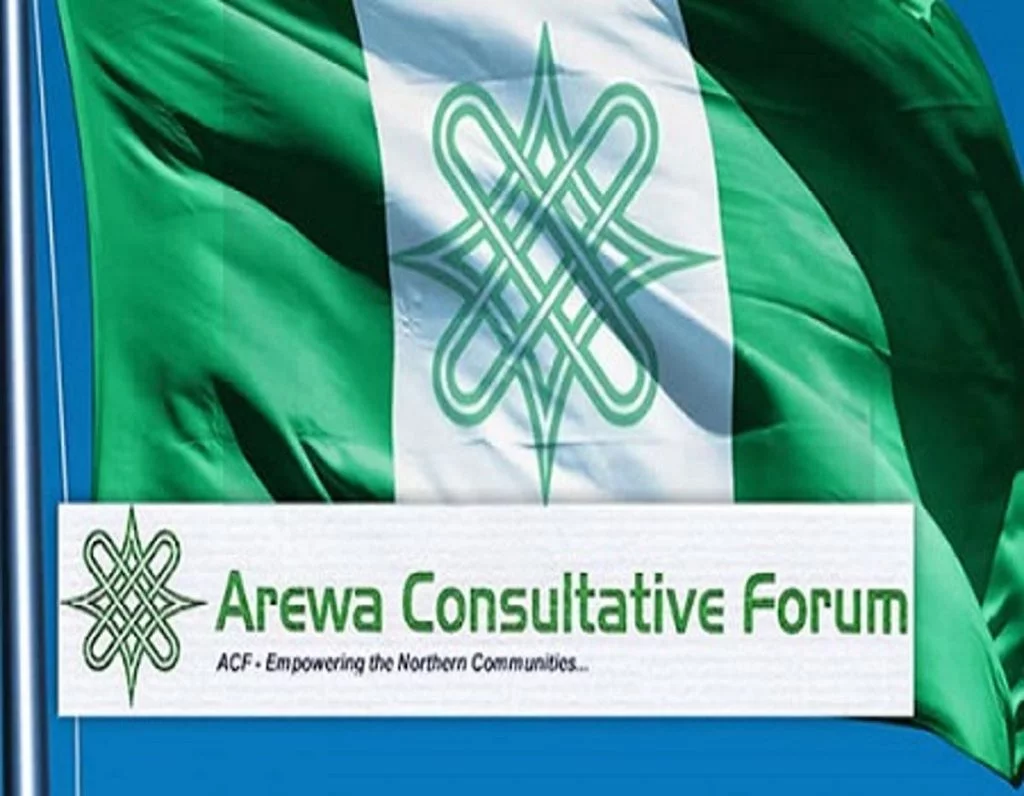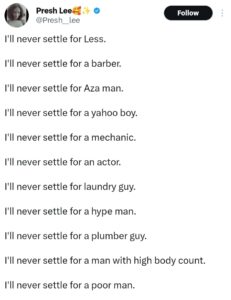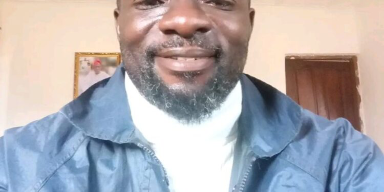News
ACF warns against premature 2027 campaigns, urges focus on governance

The Arewa Consultative Forum, ACF, has issued a stern warning to political actors across the country against engaging in premature campaigns for the 2027 general elections at the expense of governance.
It described such actions as insensitive amidst the deepening insecurity, economic hardship, and growing discontent among Nigerians.
The ACF Chairman, Chief Mamman Mike Osuman, stated this at the 715th National Executive Committee, NEC meeting of the forum at its national secretariat in Kaduna.
The ACF chairman described the recent resurgence of violent attacks in parts of the North and other parts of the country as disturbing and unacceptable, saying, “Only recently, we were rudely astounded by the sad news of the resurgence of terror attacks and loss of lives and property in Bokkos, Plateau State; the gruesome assassination of Northerners in Uromi, Edo State; and renewed Boko Haram assaults in Borno State.”
He noted with concern that while federal authorities continue to assure of normalcy in the North-East, the return of insurgents to communities has shattered public confidence.
“These insecurities have interfered with the peaceful co-existence of our people. Farms are abandoned, schools closed, and petty trade halted, crippling livelihoods,” Osuman lamented.
ACF also expressed sympathy for victims of the recent devastating flood in Maiduguri and its environs, urging federal and state authorities to scale up emergency response and rebuild critical infrastructure.
On the political climate, Osuman decried the growing tempo of political campaigns and media rhetoric ahead of the 2027 elections, describing it as a distraction from the urgent task of governance.
“While the desire to serve is commendable, the safety, welfare, and prosperity of Nigerians should take precedence. The momentum around 2027 should take a back seat for now,” he said, stressing the need for responsible leadership that addresses terrorism, mass killings, hunger, and disease.
News
Man in shock after lady he lodged with in a hotel in Abuja flees with his car and other valuables

A Nigerian man is currently in shock after a young lady identified as Precious Chinyere , whom he took to a hotel in the Asokoro area in the FCT for a romantic getaway allegedly fled with his car and other personal belongings on Thursday, February 5,
The distraught man and Precious had visited the hotel and opted for a short time stay. Things took a different in the evening when the man noticed Precious had left the hotel room without notifying him and took along with her some of his personal belongings including phones and laptop and also his car.
The victim immediately reported the incident to the police.
When contacted, the spokesperson of the FCT police command, SP Josephine Adeh, told LIB that the matter is currently being investigated and that efforts are being made to apprehend the suspect.
News
US Reacts As De@th Toll In Kwara Terror Attacks Hits 200

The United States Mission in Nigeria has condemned the k!lling of more than 200 civilians in recent attacks on communities in Kwara State.
Recall that terrorists launched de@dly attacks on Woro and Nuku communities in Kaiama Local Government Area of the state on Tuesday night, k!lling unsuspecting citizens.
It was gathered that the gunmen invaded the villages, opened fire on residents and burned homes.
According to reports, the de@th toll from the unfortunate incident hit 200 on Thursday night.
Reacting, the US Mission Nigeria condemned the k!lling via a post on its official X handle.
The post reads, “The United States condemns the horrific attack in Kwara state in Nigeria, which claimed the lives of more than 160 people, with the de@th toll still unconfirmed and many still unaccounted for.
“We express our deepest condolences to the families of those affected by this senseless violence.
“We welcome President Tinubu’s order to deploy security forces to protect villages in the area and his directive to federal and state officials to provide aid to the community and bring the perpetrators of this atrocity to justice.”
News
“I’ll never settle for a barber, yahoo boy or a poor man” — nail tech’s list of men she says she can’t marry sparks reactions online

A Nigerian nail technician has set social media talking after openly listing the kind of men she says she can never settle for.
In a now-viral post, she stated clearly that she refuses to “settle for less” and went on to mention professions and traits she considers a no-go area.
According to her, she can never settle for a barber, an aza man, a yahoo boy, a mechanic, an actor, a laundry man, a hype man, or a plumber. She also added that she wouldn’t marry a man with a high body count or a poor man.

-
Business1 year ago
US court acquits Air Peace boss, slams Mayfield $4000 fine
-

 Trending1 year ago
Trending1 year agoNYA demands release of ‘abducted’ Imo chairman, preaches good governance
-

 Politics1 year ago
Politics1 year agoMexico’s new president causes concern just weeks before the US elections
-

 Politics1 year ago
Politics1 year agoPutin invites 20 world leaders
-

 Politics1 year ago
Politics1 year agoRussia bans imports of agro-products from Kazakhstan after refusal to join BRICS
-
Entertainment1 year ago
Bobrisky falls ill in police custody, rushed to hospital
-
Entertainment1 year ago
Bobrisky transferred from Immigration to FCID, spends night behind bars
-
Education1 year ago
GOVERNOR FUBARA APPOINTS COUNCIL MEMBERS FOR KEN SARO-WIWA POLYTECHNIC BORI











